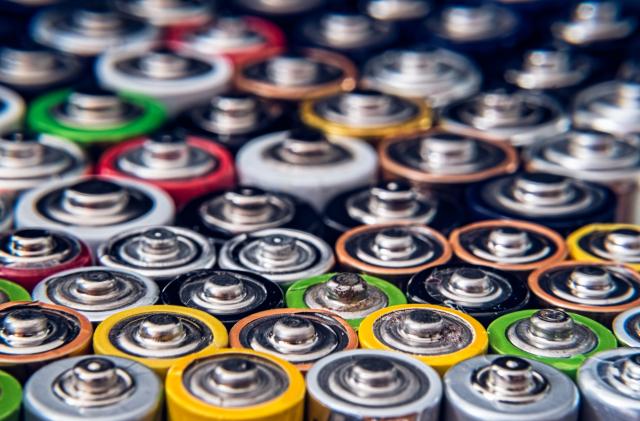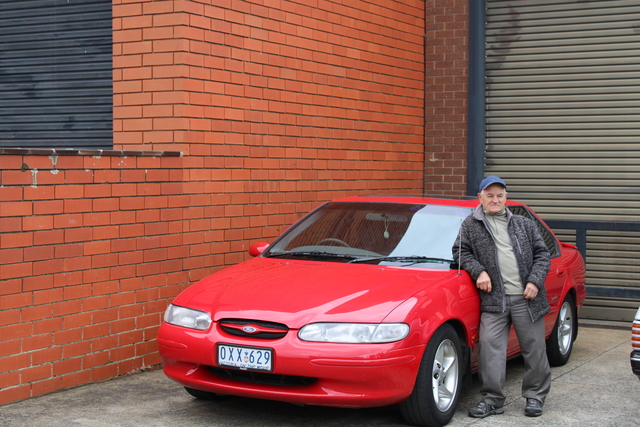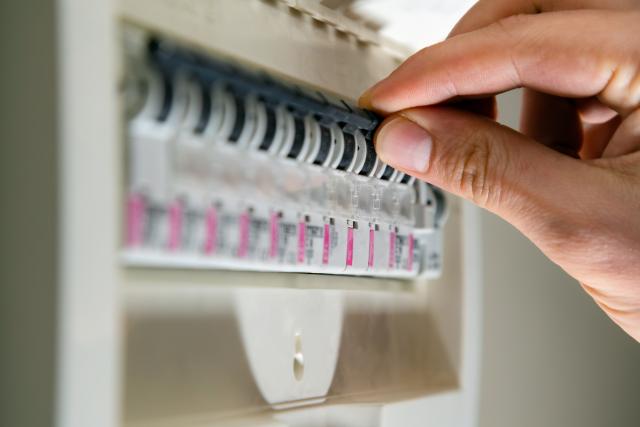New research released by B-cycle, Australia’s government back battery recycling scheme, shows millions of Australians are not aware of the simple safety measure of taping used batteries.
Used batteries must be covered with clear sticky tape and never be put in general waste and recycling bins for fire prevention, and child safety.
Currently there are an estimated 5.7 million used batteries in homes across Australia, and with thousands of battery powered products expected to be purchased in the coming weeks during Black Friday, and the Christmas giving period, there are concerns this number will grow.
Experts are warning these batteries are a danger to young children, vulnerable groups, and waste collection providers.
The new data reveals more than half of Australians surveyed are still disposing of batteries incorrectly in regular waste or recycling bins, 79 per cent of Australians are not aware of the important safety step of taping their used batteries and Just 12 per cent say they immediately tape the exposed terminals when replacing a used household battery.
Experts are reminding Australians of the dangers of handheld batteries. Button batteries in particular are a huge safety issue. They power a wide range of devices in our homes and lives; from remote controls, car keys, children’s toys, bathroom scales, and many other devices that flash, glow or make noise. While button batteries appear harmless, they can have a devastating impact when ingested or inserted by small children, or thrown in general waste and recycling bins which causes fires and harms the environment.
Button batteries can cause severe internal caustic burns and death. In Australia, an estimated 20 children per week present to a hospital emergency department suspected of having ingested or inserted a button battery, and of those, one child per month will sustain serious injuries.
Even when a battery appears to have lost its charge it can short-circuit when it comes into contact with other batteries or metal objects, causing dangerous fires.
Batteries going into landfill leach toxic materials into the environment. Those materials could be salvaged for reuse by recyclers.
B-cycle chief executive Libby Chaplin said since the launch of B-cycle there’s been a positive shift and more people are recycling their used batteries, but there still remains a substantial number who aren’t.
“Millions of batteries are sitting in our homes with the potential to cause serious harm if not disposed of correctly. We are asking Australians to protect their families and communities by simply taping used batteries with clear sticky tape and taking them to their local B-cycle drop off point, she said.
B-cycle’s battery safety checklist asks people to never put used batteries in your regular waste and recycling bins, cover the battery terminals (the battery ends) with clear sticky tape and take them to your local B-cycle drop off point or council collection site .
B-cycle has over 4,000 easily accessible Drop off points across the country in retail stores such as ALDI, Bunnings, Battery World, Coles, Officeworks and Woolworths.
To find your local B-cycle drop off point and for more battery safety information visit bcycle.com.au







